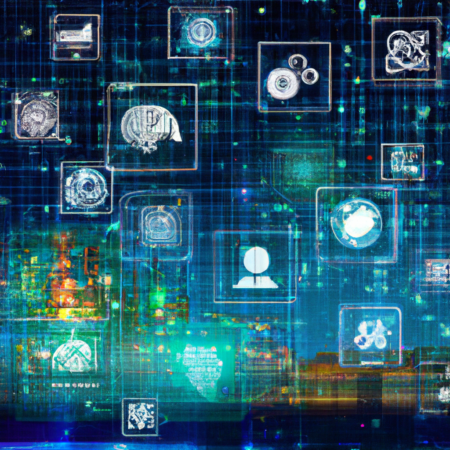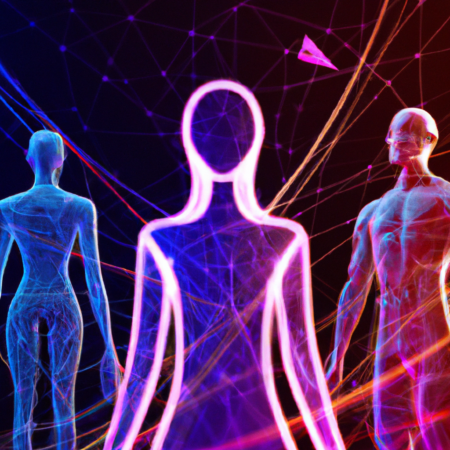Navigating the Future: The Impact of AI Ethics & Regulation in 2025
As we delve into the second quarter of 2025, the landscape of Artificial Intelligence (AI) continues to evolve, bringing forth significant ethical and regulatory challenges. The integration of AI in various sectors such as healthcare, finance, and autonomous driving demands stringent oversight to ensure safety, privacy, and fairness.
Understanding AI Ethics
AI ethics is concerned with the moral implications and societal impacts of AI technology. It encompasses principles like transparency, justice, and responsibility. As AI systems become more autonomous, the ethical frameworks guiding their development and deployment become crucial.
Regulatory Landscape in 2025
Regulations are evolving to keep pace with technological advancements. In 2025, we see a global push towards unified AI governance frameworks, aimed at harmonizing standards and ensuring that AI acts in the public’s interest. Key areas of focus include data protection, algorithmic transparency, and accountability.
Impact on Industries
The enactment of AI regulations has profound impacts across multiple sectors. In healthcare, AI is used to personalize treatments and predict patient outcomes, necessitating stringent data privacy measures. In finance, AI’s role in managing investments and detecting fraud is under scrutiny to prevent algorithmic biases.
The Role of International Cooperation
As AI technologies do not adhere to national boundaries, international cooperation is pivotal. Initiatives like the Global Partnership on AI (GPAI) are instrumental in setting cross-border ethical standards and fostering collaboration among countries to tackle global challenges posed by AI.
Looking Ahead
As we move forward, the role of ethical guidelines and regulatory frameworks will be vital in shaping the future of AI. By fostering an environment of trust and safety, we can leverage AI to its full potential while mitigating risks.






